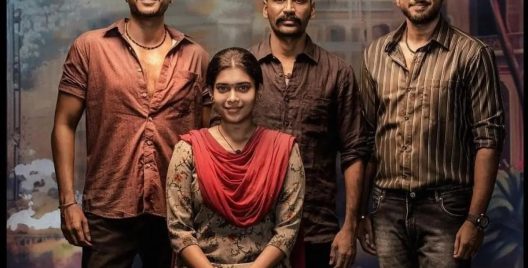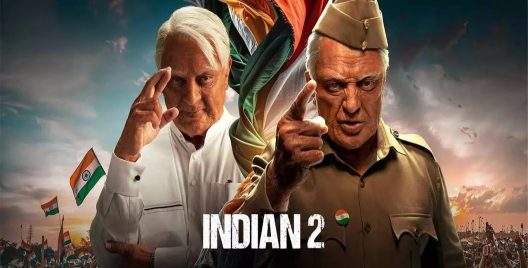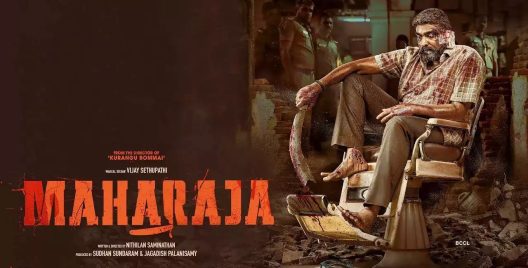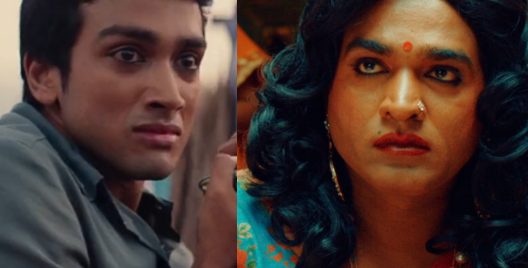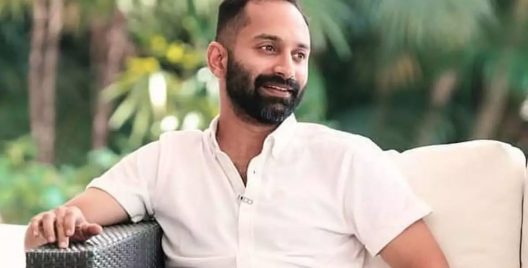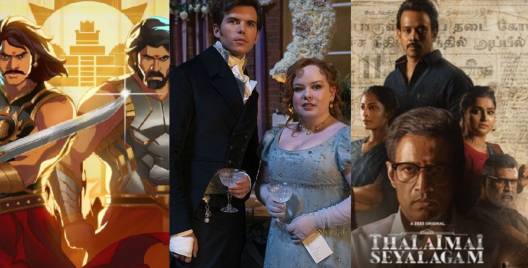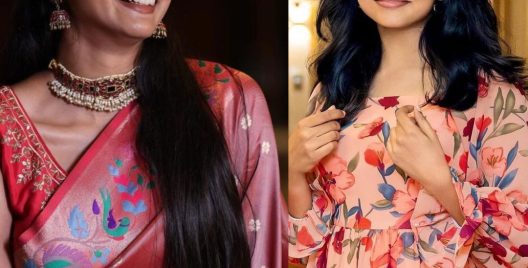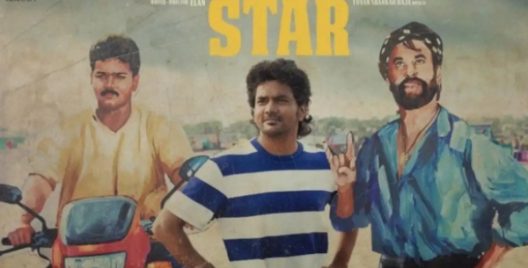While Deepak (Sparsh Shrivastav) and Phool (Nitanshi Goel) like each other and are looking forward to a life together, Jaya (Pratibha Ranta) wants to escape from her marriage with Pradeep (Bhaskar Jha), a brutal and dangerous man. When Deepak mistakes her for Phool, she seizes the opportunity to make a getaway and calls herself ‘Pushpa’ to avoid detection. Phool, meanwhile, is distraught when she wakes up and realises that Deepak has left without her. She can’t recall the name of his village and neither does she want to go back home. So, she stays at a railway station, under the care of Manju Maai (Chhaya Kadam), a stoic stall owner who teaches her a thing or two about life.
Marriage is destiny for the women in Laapataa Ladies, and Manju Maai represents an older woman who proves that it needn’t be because marriage doesn’t really protect women from anything. In fact, it only cements their oppression if their partner doesn’t respect them and share their dreams. As she becomes a reluctant mentor to Phool, she inspires the young woman to become independent and work for a living.
The film deliberately adopts a comic tone in narrating the story. So, even the corrupt policeman (Ravi Kishan) who investigates the case of the missing bride becomes avuncular by the end of the film. The only real threat is Pradeep and that is easily resolved by the policeman siding with Jaya because he sees her truth. Phool unites with Deepak while Jaya gets to pursue her higher education. The women make different choices but there is empowerment within each.
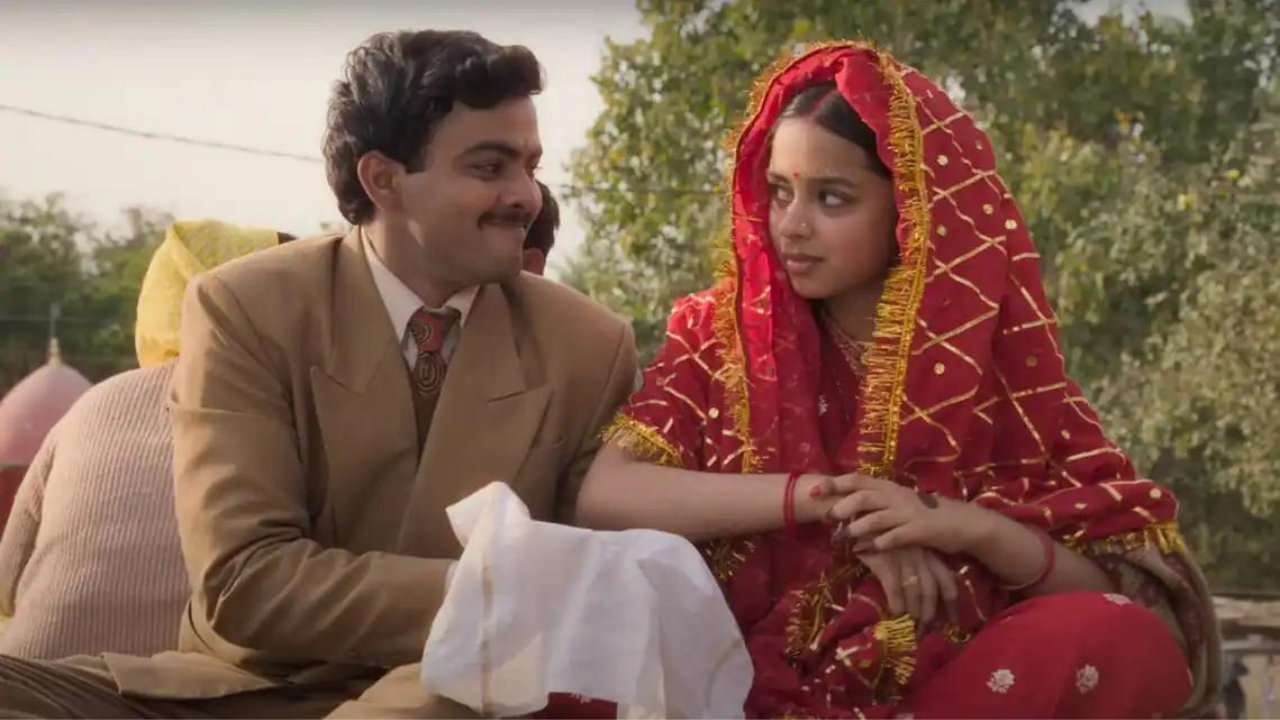
I liked Laapataa Ladies when I watched it in the theatre even if I was somewhat bothered by its ‘Simple People’ gaze – Bollywood’s tendency to draw a distinction between ‘people like us’ and ‘people like them’. ‘People like us’ lead sophisticated, urban lives with complex problems while ‘People like them’ are sweet, generous and struggle with their English.
Still, I found myself asking if a realistic film on patriarchy would appeal to the majority of the audience, especially when it questions the institution of marriage. Would the film speak to those who didn’t already agree with its politics?
This is a problem that many “women-centric” films confront. Since the oppression of women is the foundation of a patriarchal society, calling it out as is, makes a lot of people uncomfortable. Moreover, such films that cut close to reality can be discomfiting to many women who relate to the experience but don’t want to watch it unfold on the big screen because they find it triggering. For instance, what if the corrupt policeman had sided with Pradeep and forced Jaya to go with him? Or if Phool’s male friends at the railway station had sexually harassed her instead of extending her kindness? These are realistic scenarios that we have often seen associated with women characters who flout the rules on screen. But such repeated representations of violence also tend to desensitise the audience.
How can a filmmaker get past this? In recent years, films like Darlings (2022) and Jaya Jaya Jaya Jaya Hey (2022) have demonstrated that serious issues such as domestic violence can be taken to a wide audience if the entertainment value is high. That is, the subject is serious but the treatment is light. In Darlings, for instance, the only obstacle in Badru’s (Alia Bhatt) path to leaving her abusive husband (Vijay Varma) is herself. Everybody around her is supportive – from her mother (Shefali Shah) to the police. This is far from what real life victims of domestic violence experience. They are often pressured by their families and the police to strike a compromise and stay in a bad marriage because that’s best for them.
Similarly, in Jaya Jaya Jaya Jaya Hey, Jaya (Darshana Rajendran) learns karate from YouTube and pays her husband (Basil Joseph) back in the same coin. The action scenes in the film are downright hilarious though they’re wholly unrealistic. But by this approach of prioritising entertainment value over realism, these films managed to breach boundaries. Darlings received more than 10 million watching hours globally on Netflix in its opening weekend, which was a record for a non-English original Indian film. Jaya Jaya Jaya Jaya Hey, made on a budget of less than Rs 5 crore, raked in over Rs 50 crore at the box office.
Laapataa Ladies, too, has done well for itself, collecting over Rs 20 crore in theatres. Considering the film was made on a budget of Rs 4-5 crore and the poor run of Hindi films in theatres this year, this is a commendable performance.
In the past, a few films like Pink (2016) or The Great Indian Kitchen (2021) managed to reach a wide section of the audience by depicting the reality of women’s lives as is. In general, however, stories about women’s lives tend to be relegated to a niche audience as “women-centric” films. This is especially true of the post-pandemic era when the mainstream audience is reluctant to go to theatres for films with sober themes.
In such a scenario, it is necessary for filmmakers to think of newer ways of telling these stories. A comedy which makes its points without drawing blood may well be the language that the audience wants to hear. That’s just what Laapataa Ladies attempts to do. Its heroines are named after flowers but the film is brave enough to occasionally show us the thorns on which these flowers sit too. Baby steps in the long battle against patriarchy on screen and off it.





